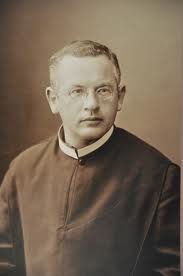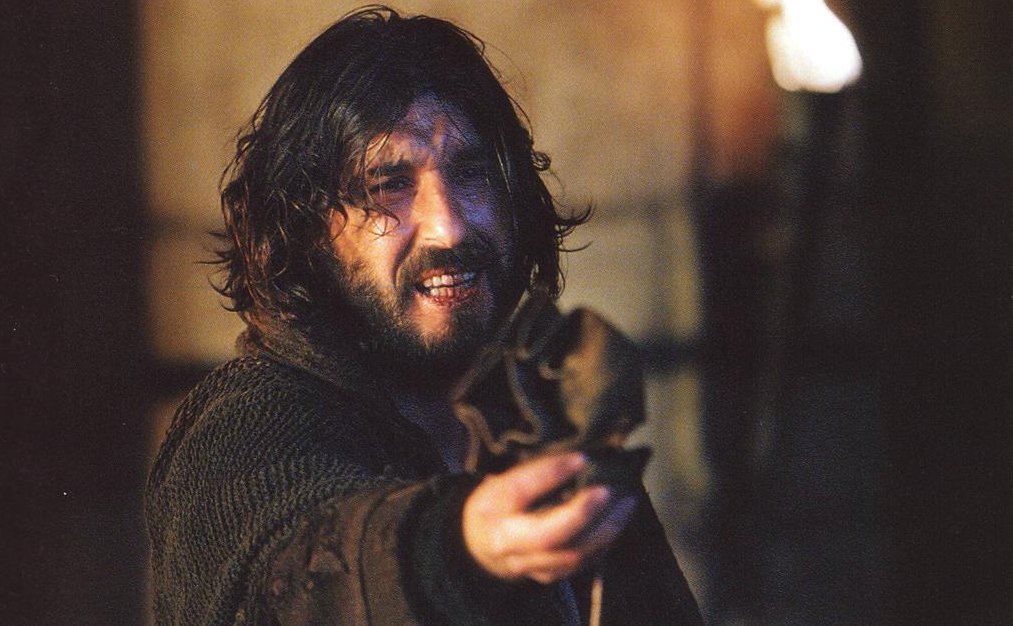I was at a meeting in Dublin this evening when shocking news came through: the Blessed Sacrament has been desecrated in a suburban Dublin church. The Eucharist was reserved in an adoration chapel, the Host was taken out, torn apart and stamped into the ground, while satanic slogans were written on the altar cloths. It is a terrible turn of events, one which causes all of us deep distress. Please pray for the priests and parishioners of this parish, and for those responsible for this heinous act: for their conversion. Sadly, it is an extreme expression of a growing anti-Catholic hostility here in Ireland.
Could I ask you to offer a prayer in reparation for this incident. I include a lovely litany of reparation if you have a moment to pray it after reading this post. Such incidents are happening all over the world, it might be a good idea for us to make space in our prayer life for regular offerings of reparation be they prayers, holy hours or acts of charity.
How much the Lord loves us, he becomes so vulnerable so as to be with us in the Holy Eucharist.
Litany of Reparation in honour of the Blessed Sacrament
Lord, have mercy on us;
Christ, have mercy on us;
Lord, have mercy on us;
God the Father of Mercy, Have mercy on us.
God the Son, Mediator between God and man,
Have mercy on us.
God the Holy Spirit, the Enlightener of hearts,
Have mercy on us.
Holy and undivided Trinity, Have mercy on us.
O Sacred Host! Victim of reparation for the sins of the world, Have mercy on us.
O Sacred Host! Annihilated on the altar for us and by us, Have mercy on us.
O Sacred Host! Despised and neglected, Have mercy on us.
O Sacred Host! Neglected and abandoned in Your temples, Have mercy on us.
Be merciful unto us: Spare us, O Lord.
Be merciful unto us: Hear us, O Lord.
(Response: We offer You our reparations, O Lord)
For so many unworthy Communions
For the irreverence of Christians,
For the continual blasphemies of the impious,
For the infamous discourses made in Your Holy Temples,
For the crimes of sinners,
For the sacrileges which profane Your sacrament of love,
For the coldness of the greater part of Your children,
For their contempt of Your loving invitations,
For the infidelity of those who call themselves Your
friends,
For the abuse of Your grace,
For our unfaithfulness,
For our delay in loving You,
For our tepidity in Your Holy Service,
For Your bitter sadness at the loss of souls,
For Your long waiting at the door of our hearts,
For Your loving sighs,
For Your loving tears,
For Your loving imprisonment,
For Your loving death,
(Response: We sinners beseech You, hear us)
That You spare us, that You hear us,
That You will make known Your love for us in this most
Holy Sacrament,
That You will vouchsafe to accept our reparation, made in
the spirit of humility.
Lamb of God, who takes away the sins of the world:
Spare us, O Lord.
Lamb of God, who takes away the sins of the world: Graciously hear us, O Lord.
Lamb of God, who takes away the sins of the world:
Have mercy on us, O Lord.
Let us pray:
Lord Jesus, Who has chosen to expose Yourself to all the outrages of the impious, rather than withdraw Your Sacred Body from our Churches, grant us the grace to bewail, with true bitterness of heart, the injuries and sacrileges committed against you, and to repair as far as lies in our power, and with sincere love, the many ignominies and contempts You have received, and still continue to receive, in this ineffable mystery, Who lives and reigns with God, in the unity of the Holy Spirit, for ever and ever. Amen.
.jpg)















